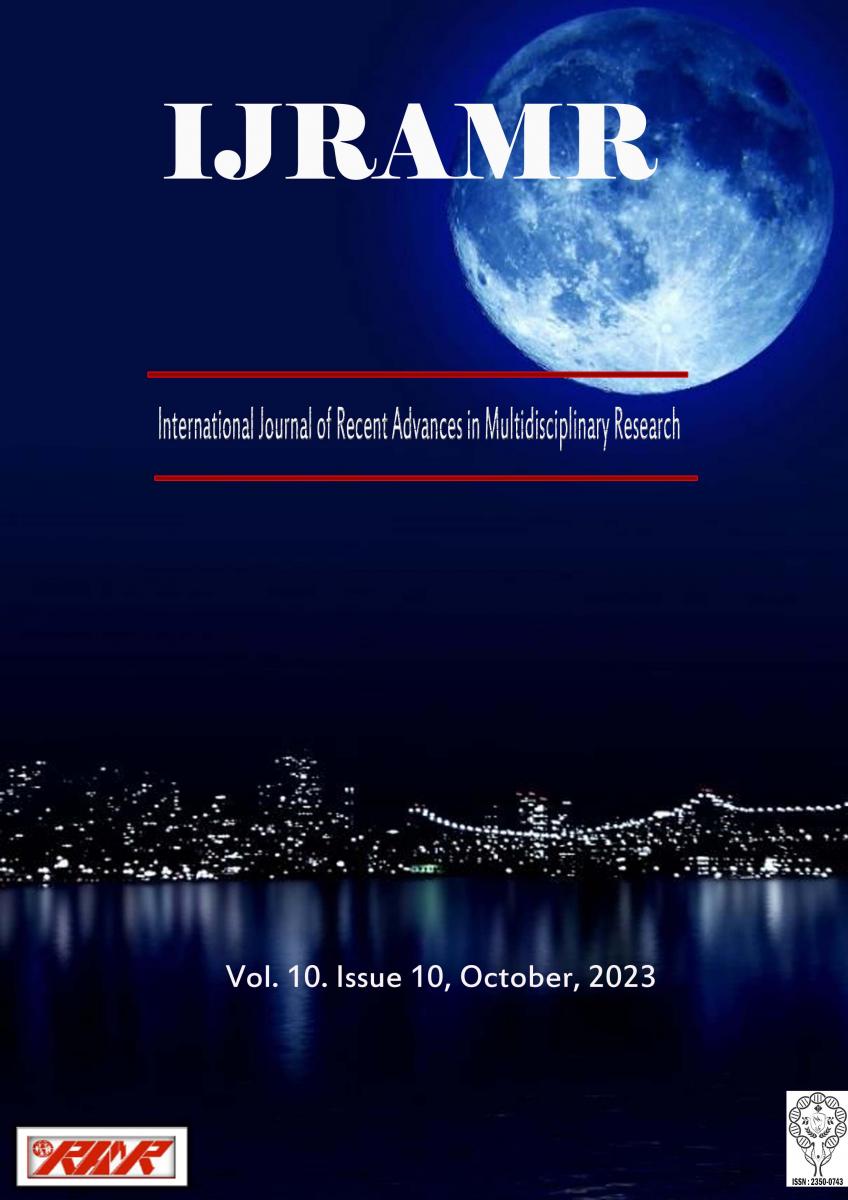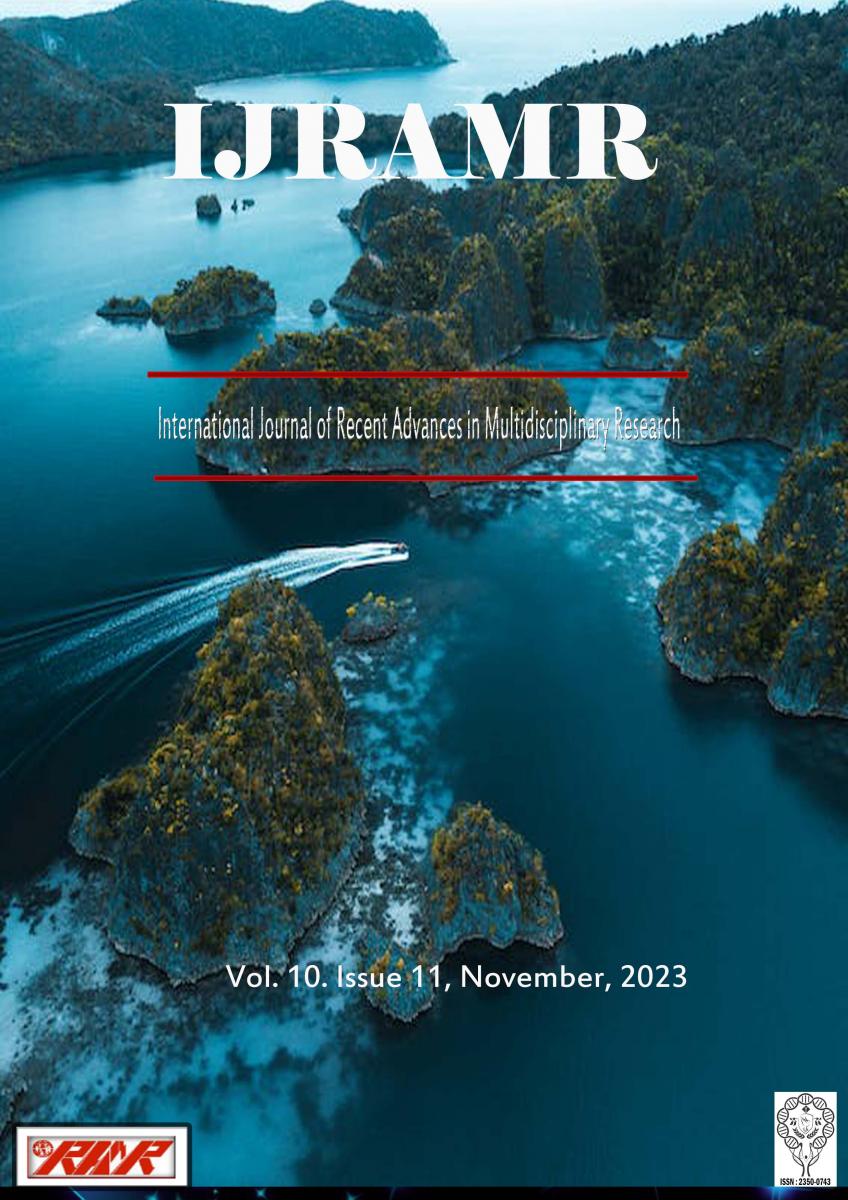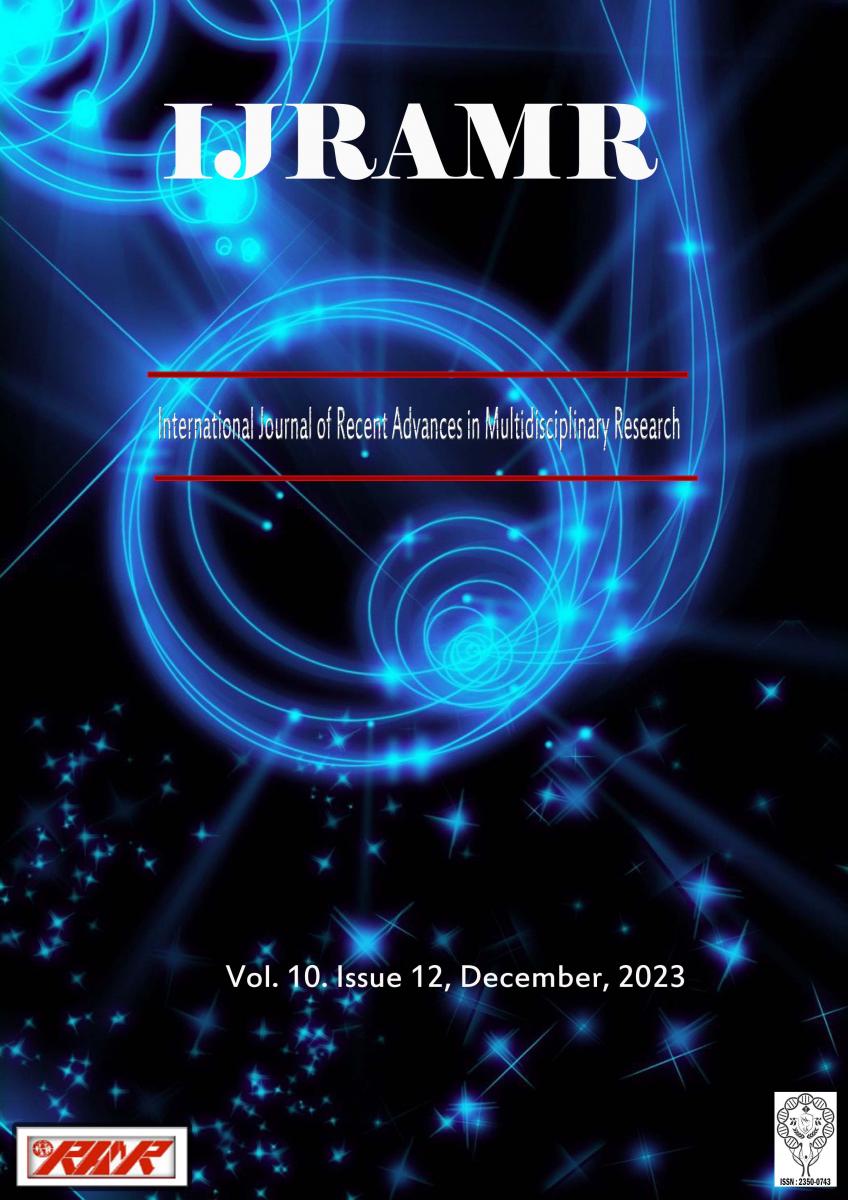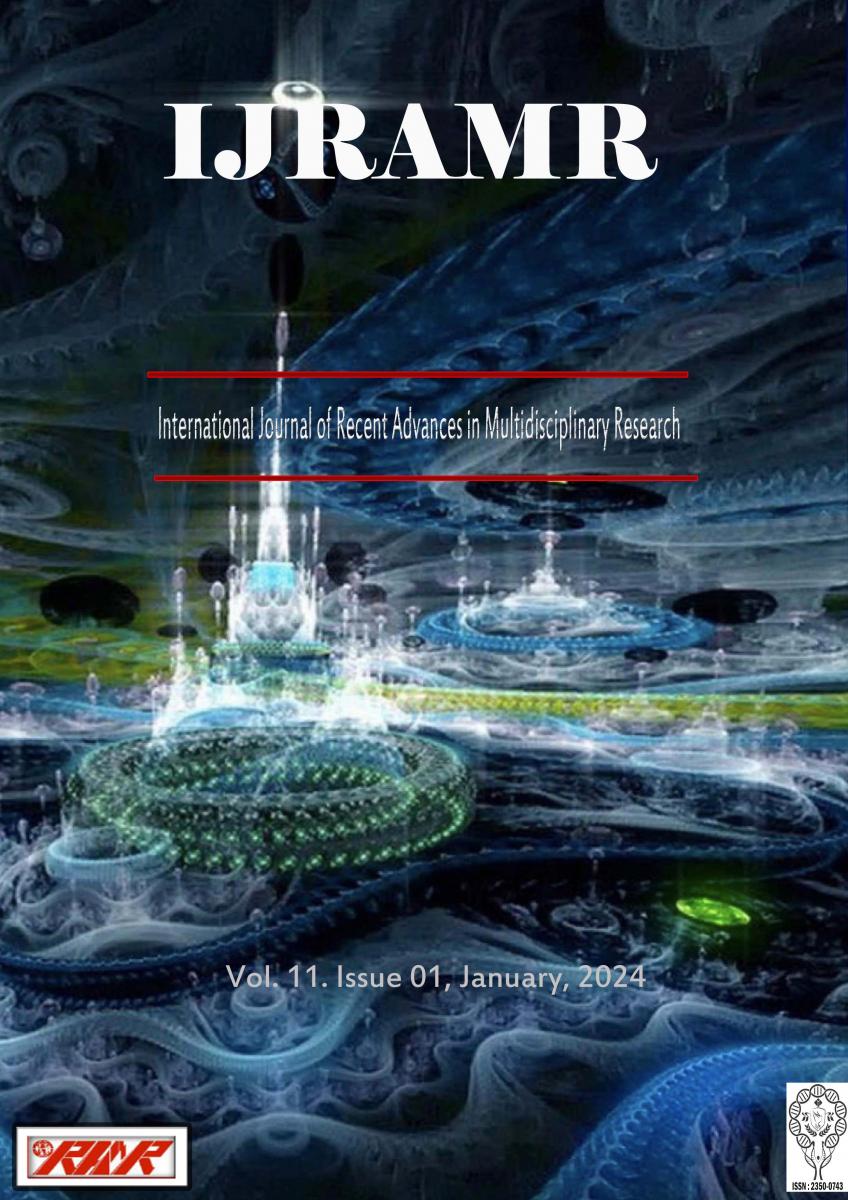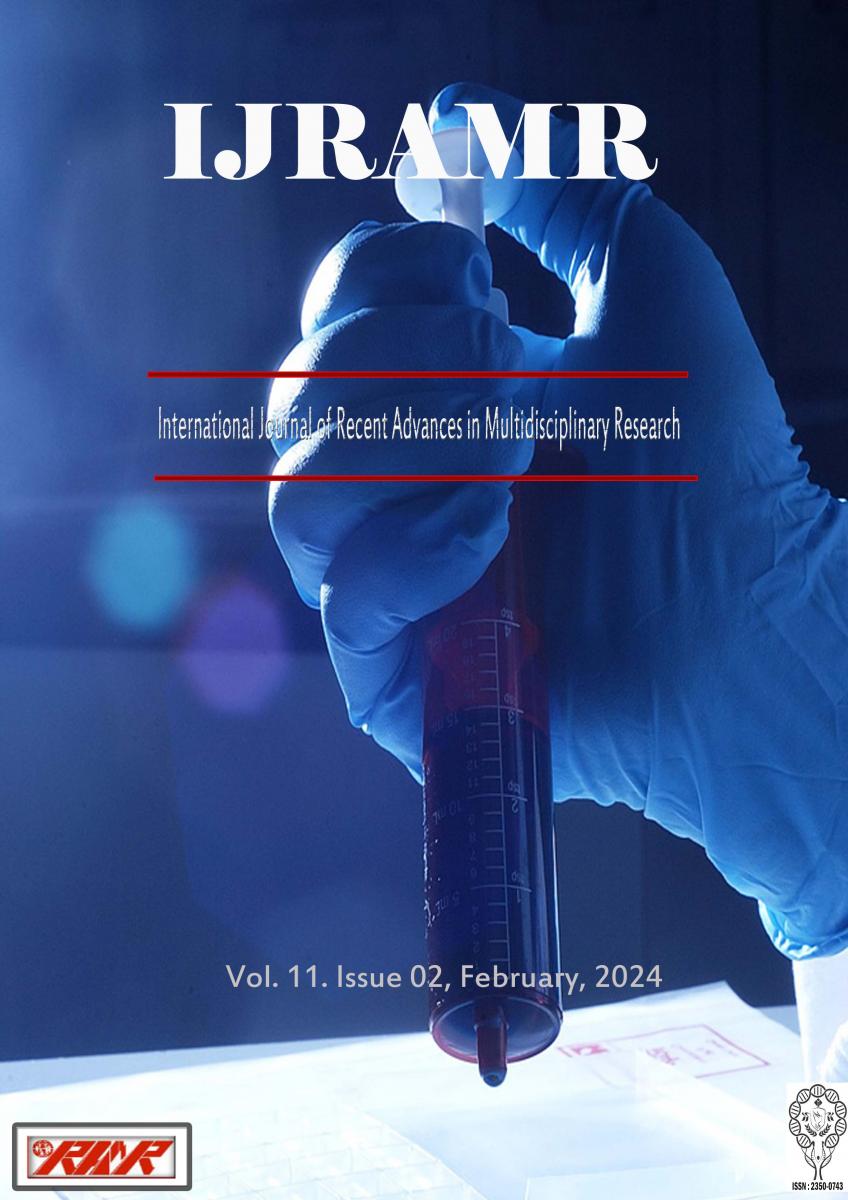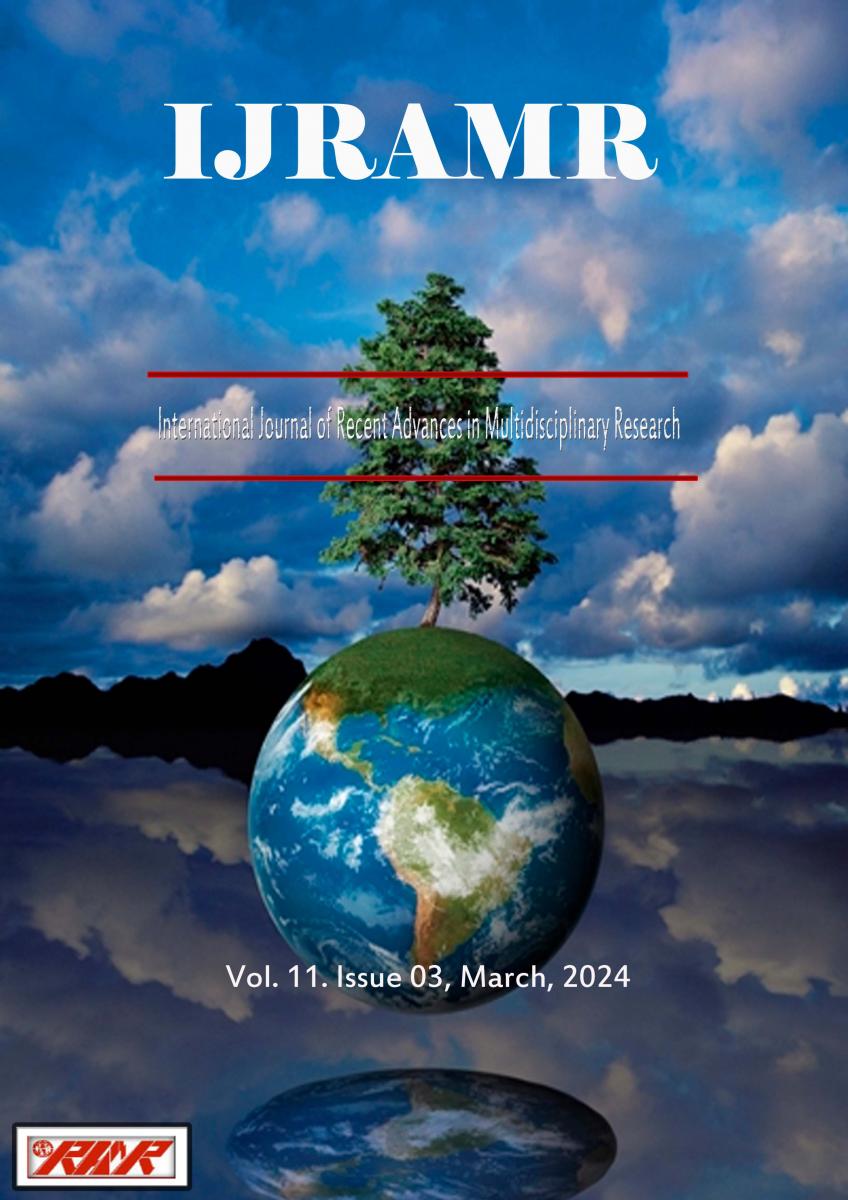Background: Cataracts are among the main causes of blindness in middle- and low-income countries; however, their incidence has decreased in recent years due to an increase in cataract removable surgery (phacoemulsification). The anesthesia management for phacoemulsification has changed throughout the years; currently, most cataract removable surgeries are performed under topical anesthesia and intravenous sedation. Dexmedetomidine at high doses (0.5-1 mcg/kg) has been used for sedation for cataract removable surgery with a significant decrease in postoperative pain, low incidence of nausea and vomiting with a significant hypotension and bradycardia as well as a delay in hospital discharge. Low doses of dexmedetomidine (0.2 mcg/kg) have not been studied for cataract surgery (phacoemulsification). Objective: The objective of this study is to evaluate low dose dexmedetomidine (0.2 mcg/kg) to diminish postoperative pain in cataract removable surgery. Materials and Methods: 100 patients undergoing phacoemulsification under topical anesthesia and sedation, ages 40 to 92, ASA 1-II were included. Patients were randomized into two groups: group with dexmedetomidine and group without dexmedetomidine. Both groups received midazolam 20 mcg/kg and fentanyl 1 mcg/kg as well as topical tetracaine 0.5% on surgical site. The group with dexmedetomidine received a single dose of dexmedetomidine 0.2 mcg/kg over 10 minutes. Sociodemographic data was collected from both groups and vital signs were recorded. A trained nurse documented the incidence of postoperative pain in the recovery room until hospital discharge, as well as time spent in the recovery room. Results: Patients had an average age of de 68.8 ± 10.6 years. Ten patients in the dexmedetomidine group (20%) had postoperative pain compared with 2 patients (4%) without dexmedetomidine [OR 6.0; 1.2 - 29; p =0.028]. The incidence of hypotension was statistically significant in the group with dexmedetomidine [RR 1.5 (0.9-2.3); p<0.01]. The group with dexmedetomidine had a recovery time of 70.2 ± 50.9 minutes vs.51.6 ± 26.7 in the group without dexmedetomidine group (p=0.02). Conclusion: Low dose dexmedetomidine (0.2 mcg/kg) is associated with a lower incidence of postoperative pain in patients undergoing phacoemulsification and is therefore an effective adjuvant for this type of surgery.
